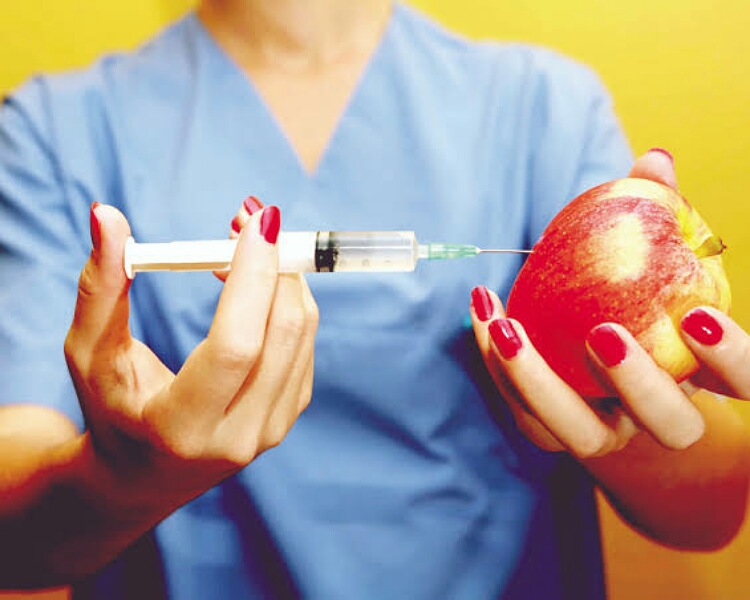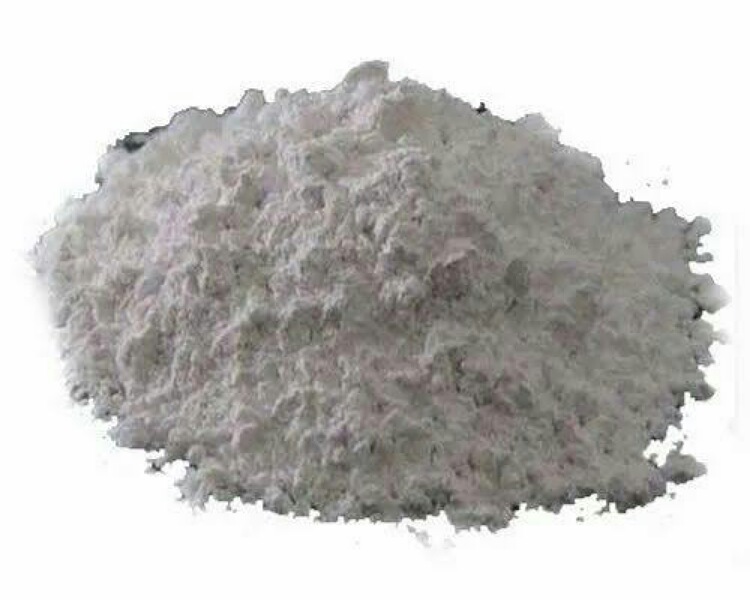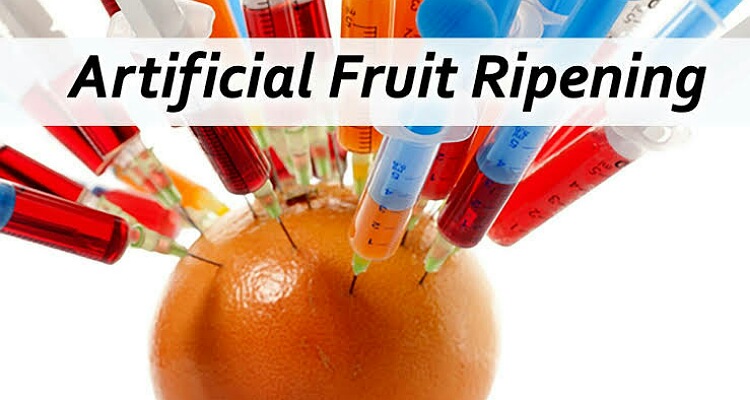Ripening of fruits is a natural process that causes some physical and biochemical changes in it. But for profit reasons, the practice of artificial ripening of fruits has begun. In it, these fruits are rapidly ripened to get fast buck. But this practice is not without harm. What are the ill effects of it on the humans consuming such fruits?
Artificial ripening of fruits
It is natural for fruits to mature over time. This ripening process may take a few days. But with this, these fruits go from an inedible to an edible state. There are changes in the color, texture, softness, taste and flavor of these fruits. These fruits get softer, change from green to either yellow or red or purple or orange, become sweeter and start emitting more fragrance and smell.
Vendors who pick up these fruits from the fruit growers find that the fruits perish by the time they want to sell them. Hence, they purchase them raw from the farmers and then use artificial ripening techniques to mature them faster. Thus, they can ripen them in batches and prevent them from rotting before their sales.

Moreover, these vendors or fruit merchants want to get faster money. They can artificially ripen the fruits and get money before hand with their sales. Thus, the use of these technique is profitable to the vendors. But what about the consumers? Does it affect them or their health? Is it safe?
Agents used for ripening fruits artificially
Ripening agents are chemicals that are injected into fruits in order to ripen them faster. These include lauryl alcohol, ethylene gas, acetylene gas, and ethephon. Acetylene gas comes from the parent compound, calcium carbide. And the latter is easy to procure in the developing countries of the world such as India.
Calcium carbide is a white powdery chemical that gets hydrolysed to release acetylene gas. This gas is inflammable and acts to ripen the injected fruit. This gas is used also in welding industry.

It is easily available and has low cost. This chemical is injected into the fruit or the fruit is kept enclosed within this chemical. The moisture released from the fruit produces the hydrolysis of the calcium carbide and the resulting acetylene gas can enhance the maturing process of the fruit.
Safety
The ripening agents are useful for fruit vendors. But though it has monetary advantages for them, it does not help the consumers. In fact, it might harm them. The chemical calcium carbide is hazardous for health.
Calcium carbide is a carcinogen and can increase the risk of cancer. Moreover, it has heavy metals in trace amounts in it. These can accumulate in the body to produce toxicity and poisoning. It has arsenic and phosphorus hydride that are also emitted out along with the acetylene gas.

Both these substances, arsenic and phosphorus hydride are toxic for humans. They cause neurological problems and on consumption could lead to nausea, vomiting, weakness, fatigue, difficulty in swallowing or deglutition, irritation of eye and skin, etc. When a consumer purchases these fruits, they might still be having deposits of the harmful substances on them. Additionally, artificially ripened fruits have a poorer taste and spoil easily.
Also, read Fruits and vegetables and grains are less nutritious now compared to seven decades ago!
Hence, many countries have banned this practice. It is illegal to artificially ripen fruits. Those doing it will face punitive actions. But strict vigilance is needed. Abd this is rarely seen in practice. Hence, it is best to play safe and purchase fruits from reliable shops or from farmer’s market. Also, wash the fruits under running water and peel the skin before eating them. This will lessen the risk.
